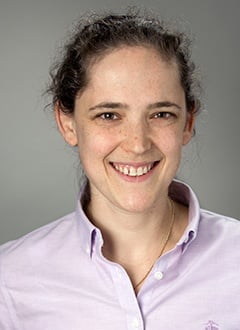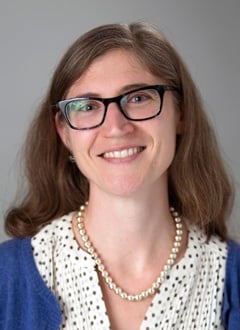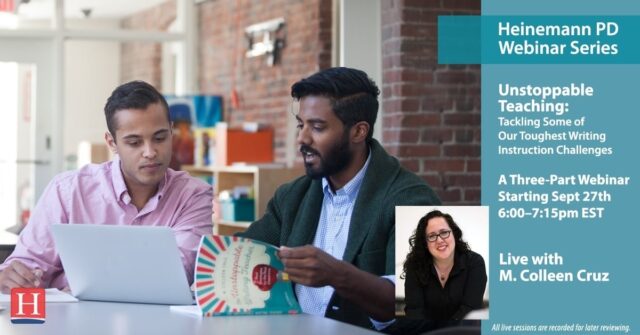
With new-generation teacher evaluation policies in place, the evaluation process may seem as daunting as ever—for both teachers and evaluators. And when both sides have a different understanding of what teacher evaluation looks like in the context of literacy instruction, evaluations can end up entirely unproductive.
With new-generation teacher evaluation policies in place, the evaluation process may seem as daunting as ever—for both teachers and evaluators. And when both sides have a different understanding of what teacher evaluation looks like in the context of literacy instruction, evaluations can end up entirely unproductive.
As Making Teacher Evaluation Work points out, it doesn't have to be this way. Authors Rachael Gabriel and Sarah Woulfin walk you through the entire teacher evaluation process and offer context and strategies aimed at improving the process for everyone involved. The authors clearly show how effective evaluations provide the foundation for collaboration that improves literacy instruction, promotes teacher growth, and supports schoolwide improvement.
In the following video, Rachael and Sarah discuss the need for this book in response to the new teacher evaluation policies, and their goal of making the policies clearer and more manageable for both teachers and administrators.
♦ ♦ ♦ ♦
To learn more about Making Teacher Evaluation Work, and to download a sample chapter, click here.
♦ ♦ ♦ ♦
 Rachael Gabriel is an Assistant Professor of Literacy Education at the University of Connecticut’s Neag School of Education. Rachael began her career in education as a middle school teacher in Washington, DC. Since then she has worked as a literacy specialist, new teacher advisor and intervention provider. She earned a PhD in Literacy Studies from the University of Tennessee. Rachael’s teaching and research focus on: teacher preparation, development and evaluation, as well as literacy instruction, interventions, and related policies.
Rachael Gabriel is an Assistant Professor of Literacy Education at the University of Connecticut’s Neag School of Education. Rachael began her career in education as a middle school teacher in Washington, DC. Since then she has worked as a literacy specialist, new teacher advisor and intervention provider. She earned a PhD in Literacy Studies from the University of Tennessee. Rachael’s teaching and research focus on: teacher preparation, development and evaluation, as well as literacy instruction, interventions, and related policies.
 Dr. Sarah Woulfin is an Assistant Professor of Educational Leadership at the University of Connecticut's Neag School of Education. As a former urban public school teacher and Reading First reading coach, she was dedicated to strengthening students’ literacy skills to promote educational equity. Her research uses organizational theory to investigate the relationship between policy, leadership, and classroom practice. She earned a Ph.D. in Education from the University of California-Berkeley.
Dr. Sarah Woulfin is an Assistant Professor of Educational Leadership at the University of Connecticut's Neag School of Education. As a former urban public school teacher and Reading First reading coach, she was dedicated to strengthening students’ literacy skills to promote educational equity. Her research uses organizational theory to investigate the relationship between policy, leadership, and classroom practice. She earned a Ph.D. in Education from the University of California-Berkeley.



